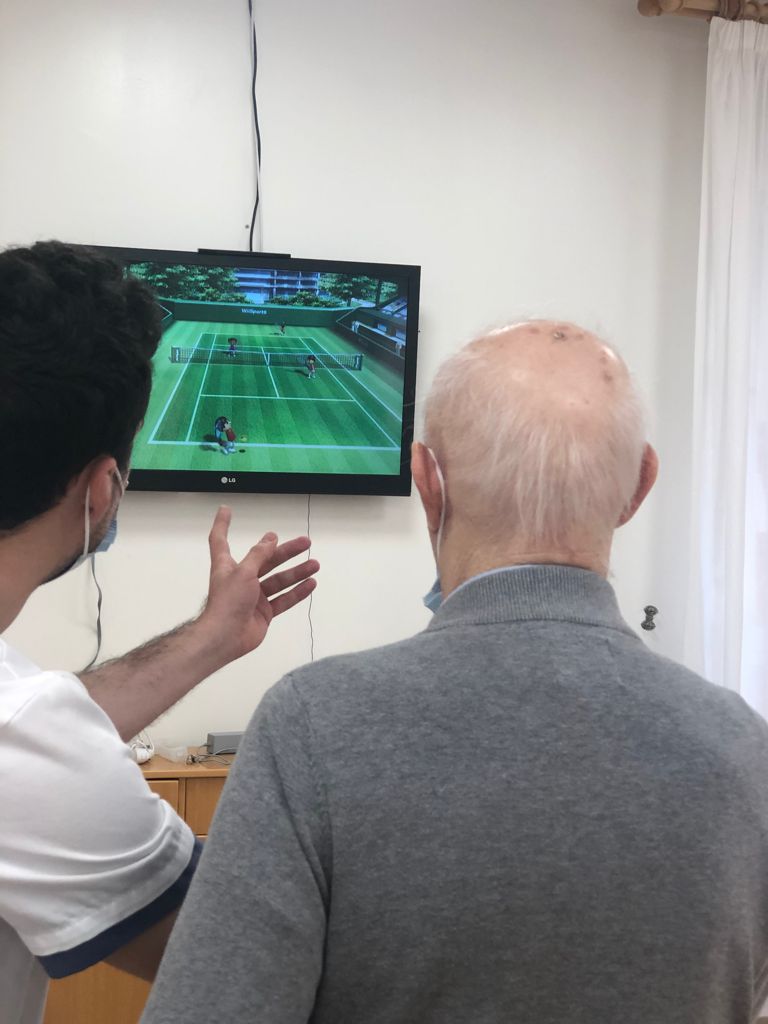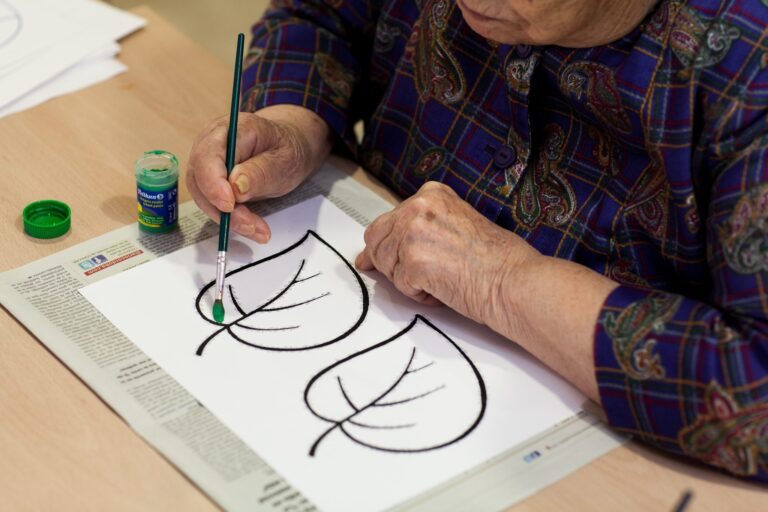The legislation or regulations of the employment agreement such as private internal caregiver for the elderly is a set of laws and regulations that protect the labor rights of people who work in this field. These standards are intended to ensure that workers receive fair as well as adequate treatment from their employers. As well as establishing minimum standards regarding salary, work hours or breaks.
It is important that live-in caregivers are aware of the legislation and regulations applicable in their workplace, as it allows them to assert their rights and claim any non-compliance by their employers. Furthermore, knowledge of these standards also allows them to make informed decisions about their work and negotiate better working conditions if necessary. If you want to know therights and obligations of live-in caregivers in Spainin this article, we will show you the information that you should take into account if you were thinking of working in this area or want to hire a person to take care of a family member in your home.
What is a live-in caregiver?
In Spain, a internal caregiver is a person who is responsible for theattention and care of a dependent person or who needs care. support and accompaniment in certain tasks at home on a permanent basis. This figure emerges as an alternative to the institutionalization of the elderly or dependent person, allowing them to remain in their family and daily environment.
Thetasks performed by a live-in caregiver may vary depending on the needs of the dependent person and/or to be cared for, but generally include attention to their personal hygiene, the administration of medications, the performance of household tasks and the company and social stimulation. Likewise, they can also carry out functions related to the organization of medical appointments and the management of the dependent person’s personal finances.
It is important to highlight that, in Spain, live-in caregivers must be legally hired and registered with Social Security, which implies that they have the right to social benefits in addition to a minimum wage. In addition, they must have the necessary training to do their job properly and offer quality care to the dependent person.
The the conditions of live-in caregivers have not stopped improving over the years, because Spain is legislating on this matter continuously to guarantee a minimum of rights to this group.

What regulations must be met in the employment agreement as a live-in caregiver?
When working as a live-in caregiver, there are various regulations that must be met to ensure a safe, fair, and appropriate work environment for both the person cared for and the caregiver. Some of the most important regulations are those that you can find in the following sections.
Employment contract
The live-in caregiver must have an employment contract that establishes their working conditions, hours, salary and other relevant clauses. In addition, the contract must be registered with Social Security and the Treasury.
Minimum wage
The worker has the right to receive a minimum wage that is in accordance with the labor laws of his or her country. In Spain, for example, the minimum interprofessional salary for 2023 is 1,080 euros per month in 14 payments.
Social Security
In addition, the professional must be registered with Social Security to have access to benefits such as retirement, temporary disability, maternity or paternity, among others.
Safety and hygiene at work
The live-in caregiver must work in a safe and healthy environment, so her employer must guarantee safety and hygiene measures in the home where the work is carried out.
Workday and breaks
The professional must comply with the laws that establish the limits of the working day and breaks. In Spain, for example, the maximum working day is 40 hours per week and the caregiver has the right to one day of rest per week.
Rights of the citizen
The rights of the person being cared for must also be respected, including their intimacy, privacy and dignity. You must also ensure that the dependent person receives the medical and social care they need.
Training and training
The professional who performs this profession must have the necessary education and training to do his or her job properly. This includes knowledge in first aid, nutrition, hygiene, personal care and other relevant areas.
Contract and legislation of the live-in domestic worker
In Spain, the figure of the internal domestic employee refers to that person who works in another person’s home on a continuous and permanent basis, performing housekeeping tasks. cleaning, caring for people, cooking, etc. Unlike other jobs, the regulation of live-in domestic employees has certain particularities regarding the contract and the legislation they must comply with.
First of all, it is important to highlight thatall live-in domestic employees must have an employment contract that establishes the conditions of work, including hours, remuneration, duties to be performed, days of rest, among other aspects. This contract is mandatory and must be registered with Social Security, both for the benefit of the employee and the employer.
As for the working day, the law establishes that the worker can work up to 40 hours per week and must have a minimum of 12 hours of daily rest and one full day off per week. In addition, the caregiver’s remuneration is established based on the minimum interprofessional salary, which by 2023 in Spain is 1,080 euros per month in 14 payments.
On the other hand, the employee also has the right to social benefits such as Social Security, retirement, temporary disability, maternity or paternity. To do this, it is necessary that both the employee and the employer make the corresponding Social Security contributions.
In addition, the live-in domestic employee also has the right to a series of safety and hygiene measures at work, which are the responsibility of the employer. This implies that measures must be established to avoid occupational risks, guarantee adequate hygiene at home and provide the necessary materials to carry out the tasks.
On many occasions, having this entire legal situation under control can be difficult or tedious for many families. At NAMI we have the service «Bring your caregiver», in case you have already found the person to take care of your family member but you don’t know how to legalize the situation. Contact our experts so we can help you. If you are looking for an internal caregiver, welcome to the NAMI family, we are ready to take care of you and yours.






